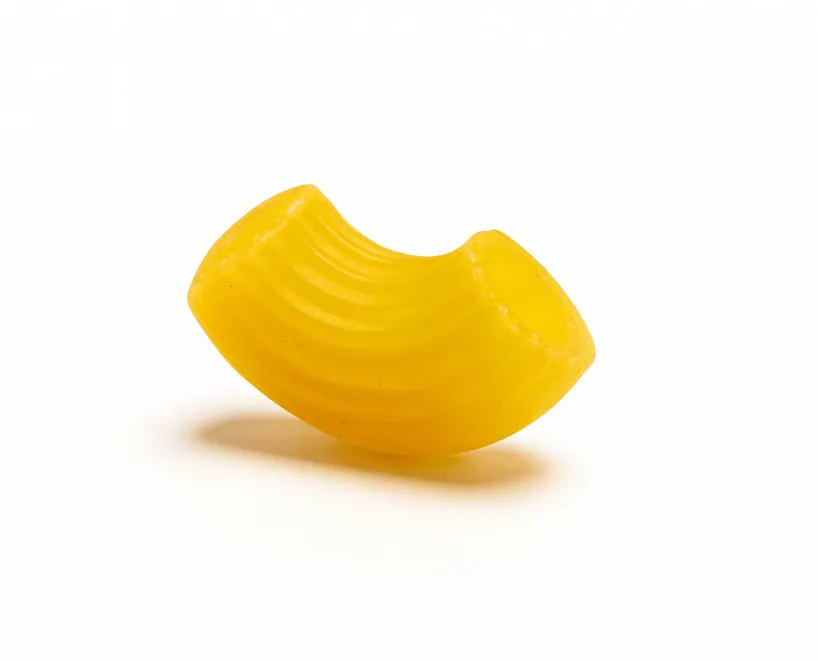 Alphabet
Alphabet
Lesson one


Lesson forty-eight
The passato remoto, or remote past tense, is used to describe actions that occurred a long time ago. It is considered a literary tense and is no longer commonly used in everyday spoken Italian. However, you will frequently encounter it in literature, historical accounts, biographies, and formal writing. Therefore, while it is not essential to master the passato remoto for daily conversation, it is valuable to recognize it and understand its meaning, especially if you're reading older works or certain genres of writing, such as novels, poems, or historical narratives.
In everyday spoken Italian, the passato remoto is rarely used, except in some southern regions of Italy, where it is still heard occasionally. In northern Italy, speakers usually prefer the passato prossimo (present perfect) to describe past events, even those that happened long ago. For learners, this means you can prioritize other past tenses for conversation while still learning the passato remoto for reading comprehension.
The passato remoto is formed by removing the infinitive endings -are, -ere, and -ire from the verb stem and adding specific endings for each verb type. These endings differ slightly depending on whether the verb is regular or irregular, and they follow predictable patterns for most regular verbs.
Example with Credere (to believe)
| Pronoun | Translations | Verbs |
|---|---|---|
| io | I | credetti |
| tu | you (informal, singular) | credesti |
| lui/lei | he/she | credette |
| noi | we | credemmo |
| voi | you (plural) | credeste |
| loro | they | credettero |
Example with Finire (to finish)
| Pronoun | Translations | Verbs |
|---|---|---|
| io | I | finii |
| tu | you (informal, singular) | finisti |
| lui/lei | he/she | finì |
| noi | we | finimmo |
| voi | you (plural) | finiste |
| loro | they | finirono |
Example with Leggere (to read)
| Pronoun | Translations | Verbs |
|---|---|---|
| io | I | lessi |
| tu | you (informal, singular) | leggesti |
| lui/lei | he/she | lesse |
| noi | we | leggemmo |
| voi | you (plural) | leggeste |
| loro | they | lessero |
Seeing the passato remoto in context helps you understand how it is used in sentences. It often conveys actions that are fully completed in the past and have no direct connection to the present moment.
Lessi questo libro quando ero giovane.
I read this book when I was young.
Parlai con lui quando lo incontrai.
I spoke with him when I met him.
Quando glielo dissi, non credette che fosse vero.
When I told him, he didn’t believe it was true.
Many frequently used Italian verbs are irregular in the passato remoto. Learning these is essential for reading comprehension, as they often appear in literary texts.
Essere (to be)
| Pronoun | Translations | Verbs |
|---|---|---|
| io | I | fui |
| tu | you (informal, singular) | fosti |
| lui/lei | he/she | fu |
| noi | we | fummo |
| voi | you (plural) | foste |
| loro | they | furono |
Ungaretti fu un grande scrittore italiano.
Ungaretti was a great Italian writer.
Avere (to have)
| Pronoun | Translations | Verbs |
|---|---|---|
| io | I | ebbi |
| tu | you (informal, singular) | avesti |
| lui/lei | he/she | ebbe |
| noi | we | avemmo |
| voi | you (plural) | aveste |
| loro | they | ebbero |
Il piano non ebbe successo e fallì.
The plan did not succeed and failed.
Fare (to do/make)
| Pronoun | Translations | Verbs |
|---|---|---|
| io | I | feci |
| tu | you (informal, singular) | facesti |
| lui/lei | he/she | fece |
| noi | we | facemmo |
| voi | you (plural) | faceste |
| loro | they | fecero |
Feci una scelta sbagliata e me ne pento ancora.
I made a wrong choice, and I still regret it.
The passato remoto is a past tense mainly used in written Italian to describe actions completed in the distant past. While rarely used in everyday conversation, it is essential for reading literature, historical texts, and biographies. Regular verbs follow predictable endings depending on whether they are -are, -ere, or -ire, whereas many commonly used verbs like essere, avere, and fare are irregular. Understanding the passato remoto helps learners recognize historical or literary Italian and enriches your comprehension of the language’s full expressive range.
 Alphabet
Alphabet
Lesson one
 Hello
Hello
Lesson two
 Goodbye
Goodbye
Lesson three
 How are you
How are you
Lesson four
 Thank you
Thank you
Lesson five
 What is your name
What is your name
Lesson six